Ginseng and Kratom: Do They Work Together?
Contents
People have been using herbs like ginseng and kratom for centuries to treat various ailments. Are there any benefits to mixing them? Can you take these plants together to enhance their effects?
What is kratom?
Kratom is a natural evergreen tree native to Southeast Asia. It mainly grows in countries such as Thailand, Myanmar, Indonesia, and Malaysia.
Local growers pluck the leaves from the tree at different maturity levels, sun-dry them, and then grind them to make powder or other products.
People use kratom in different ways, like swallowing capsules, chewing leaves, consuming powder, brewing tea, and taking extracts.
Its biological name, Mitragyna speciosa, relates to its active ingredients mitragynine and 7-hydroxymitragynine. These compounds purportedly have analgesic, antipsychotic, and anti-inflammatory benefits. They act on mu and delta opioid receptors to deliver various effects.

Kratom alkaloids reportedly help with the following conditions:
- Alleviate discomfort
- Relieve stress and worry symptoms
- Uplift your mood
- Enhance vitality
- Induce euphoria
- Combat restlessness
- Improve mental alertness
While there isn’t enough scientific evidence to support these assertions, anecdotal reports suggest positive results.
What is ginseng?
Ginseng is a small, slow-growing perennial plant native to Northern Asia. It’s been used in traditional Chinese medicine for ages because of its healing properties.
This herb has a long, whitish, split-like root with oval-shaped green foliage. The roots become thick and fleshy, and people often use the rhizome to treat various health conditions.

One study suggests ginseng could assist with chronic fatigue, stress, and erectile dysfunction. It may also improve mental clarity, enhance focus, and boost the immune system.
You may take ginseng as a supplement and consume it in the form of tea, capsules, or powder. Ginseng is a natural remedy that could be beneficial for overall health and well-being.
What are the potential benefits of combining kratom and ginseng?
The potential synergistic benefits that result from consuming kratom and ginseng are significant to many herbal connoisseurs. Some say ginseng may amplify kratom’s effects.
It’s important to know that ginseng doesn’t act as a potentiator, and taking it won’t lengthen the duration of the effects.
Here are some of the potential perks of mixing these herbs:
- It could elevate the calming sensations: You may feel more calm due to the relaxing properties of both herbs.
- It may alleviate discomfort: The anti-inflammatory qualities may make the pairing of ginseng and kratom helpful when looking to ease aches and discomforts.
- It could induce euphoria: A combination of these herbs might produce more euphoric effects and could be an effective way to help relieve worries.
- It might offer an energy boost: Mixing these herbs might offer you the chance to reduce your kratom dosage while achieving more vitality. Ginseng reportedly doesn’t cause the same side effects as other stimulants.
- It could combat low sexual appetite: The stimulating sensations of ginseng may help to address this unfavorable condition.
It’s worth noting that mixing these two supplements usually requires lower doses to achieve the desired effects.
How to use kratom and ginseng
No studies have been carried out to assess the most effective way of consuming these herbs together. It stands to reason that it would be wise to use both of them in the same format.
For instance, if you take kratom capsules, you should also ingest ginseng capsules. You could also mix the respective powder forms with tea or a smoothie for a more flavorful experience.

When combining these plants, start with small doses and work up to larger amounts as needed. It’s important to consult a medical practitioner to ensure the combination is safe for you to use.
What are the possible side effects of mixing ginseng and kratom?
Although there are various purported advantages to taking ginseng and kratom, it’s important to be aware of their potential undesirable reactions. Mixing these supplements may have some negative effects, as both herbs interact with the body in similar ways.
Possible side effects may include an increased heart rate, higher blood pressure, nausea, vomiting, headaches, dehydration, fatigue, or insomnia. Stomach discomfort and irritability, high risk of seizure activity, and possible interactions with other medications are also possible.
It’s vital to weigh the possible risks and benefits before using these herbs together and ask your healthcare provider prior to mixing them.
Take advantage of these beneficial herbs
These beneficial herbs have been used for centuries for their therapeutic properties. Aside from their distinct appearances, these botanicals have similar effects but different origins.
Combining the two herbs may increase their potential benefits, but their long-term safety is still questionable. Use the plants cautiously and get the best supplements from our store.
We take safety and purity seriously and ensure the quality of our products meets customer expectations. We source premium kratom leaves from Southeast Asian farmers and use a five-step lab testing procedure to confirm their potency.
FAQs about ginseng and kratom
Are you interested in learning more about kratom and ginseng? Here are our answers to some of the most commonly asked questions regarding these herbal remedies.
Can you use ginseng and kratom for weight loss?
There isn’t much scientific evidence, but some people believe these herbs may promote weight loss. They purportedly increase energy levels, improve metabolism, and suppress your appetite. Further research is needed to determine their effectiveness for weight reduction.
What are the negative side effects associated with the long-term use of ginseng and kratom?
The long-term negative side effects are rare but possible. Consuming these herbs for prolonged periods may lead to addiction and withdrawal symptoms. For this reason, it’s best to be careful when taking either herb.
About the Author

Camila Millson is an experienced technologist of quality kratom products. She has over five years of working experience at Kratom Country.
Camila specializes in making kratom capsule technology. She also has extensive experience in developing technology for kratom tea.
Working for a large company, she is involved in the manufacturing processes of kratom powder, capsules, and other products. As well, she is knowledgeable about kratom legalization and can advise clients on these issues.
Latest Articles
Trending Products
-
 Kava + Kratom Shot
Kava + Kratom ShotEffects : Relief & Comfort, Relaxation, Energy & Euphoria
$12.99










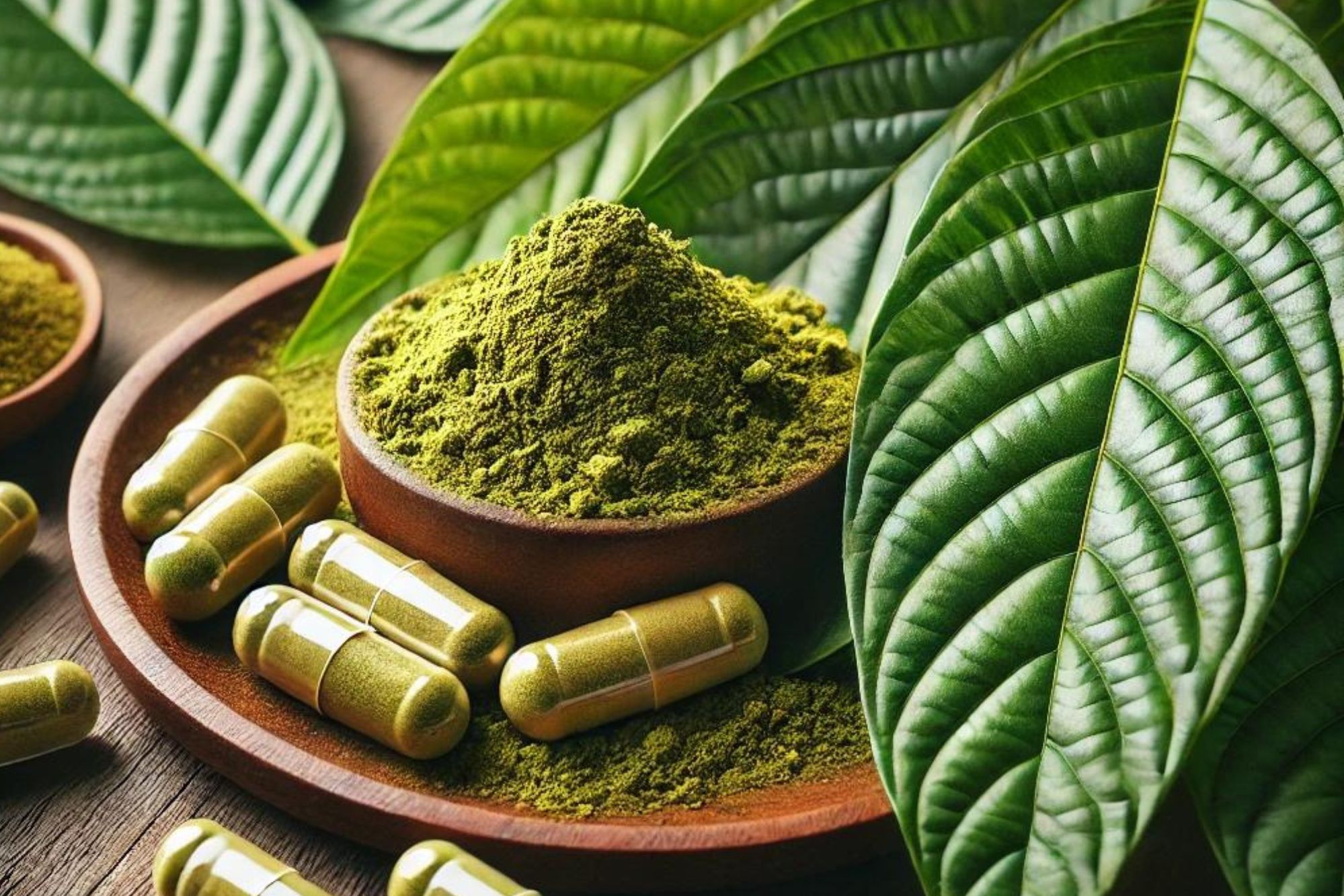
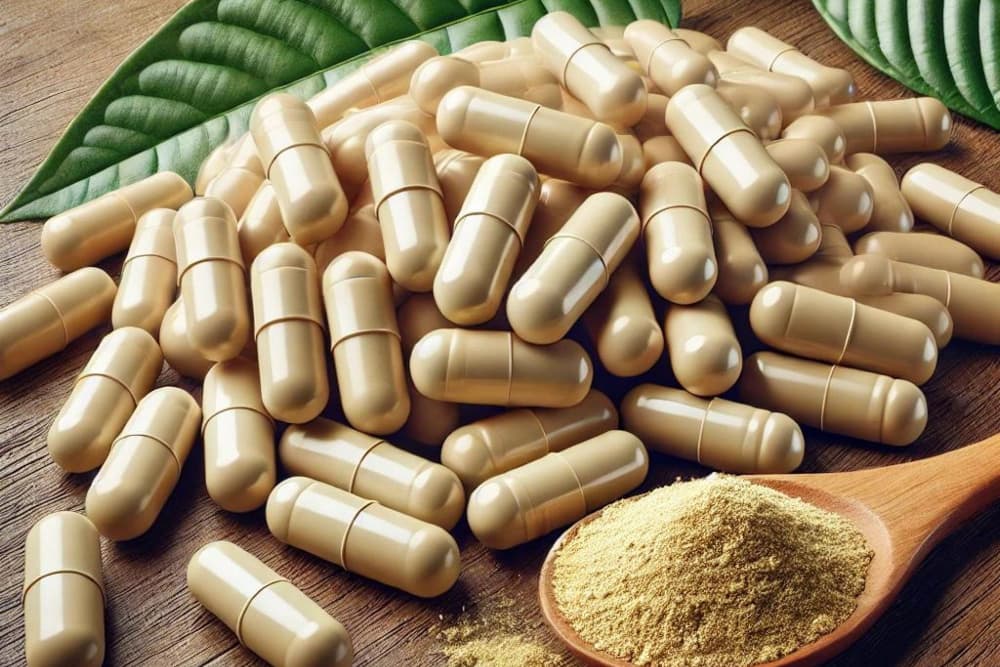
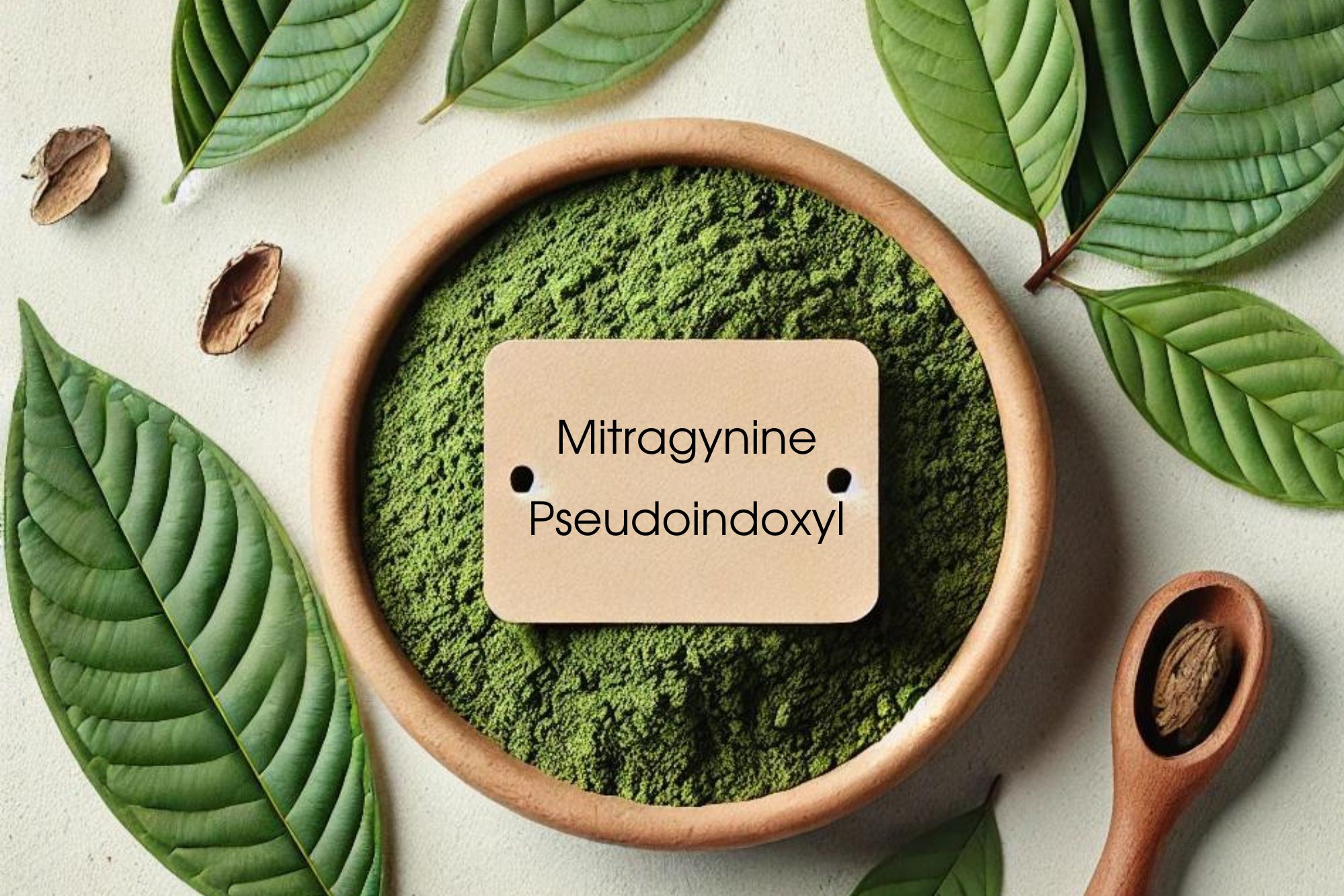
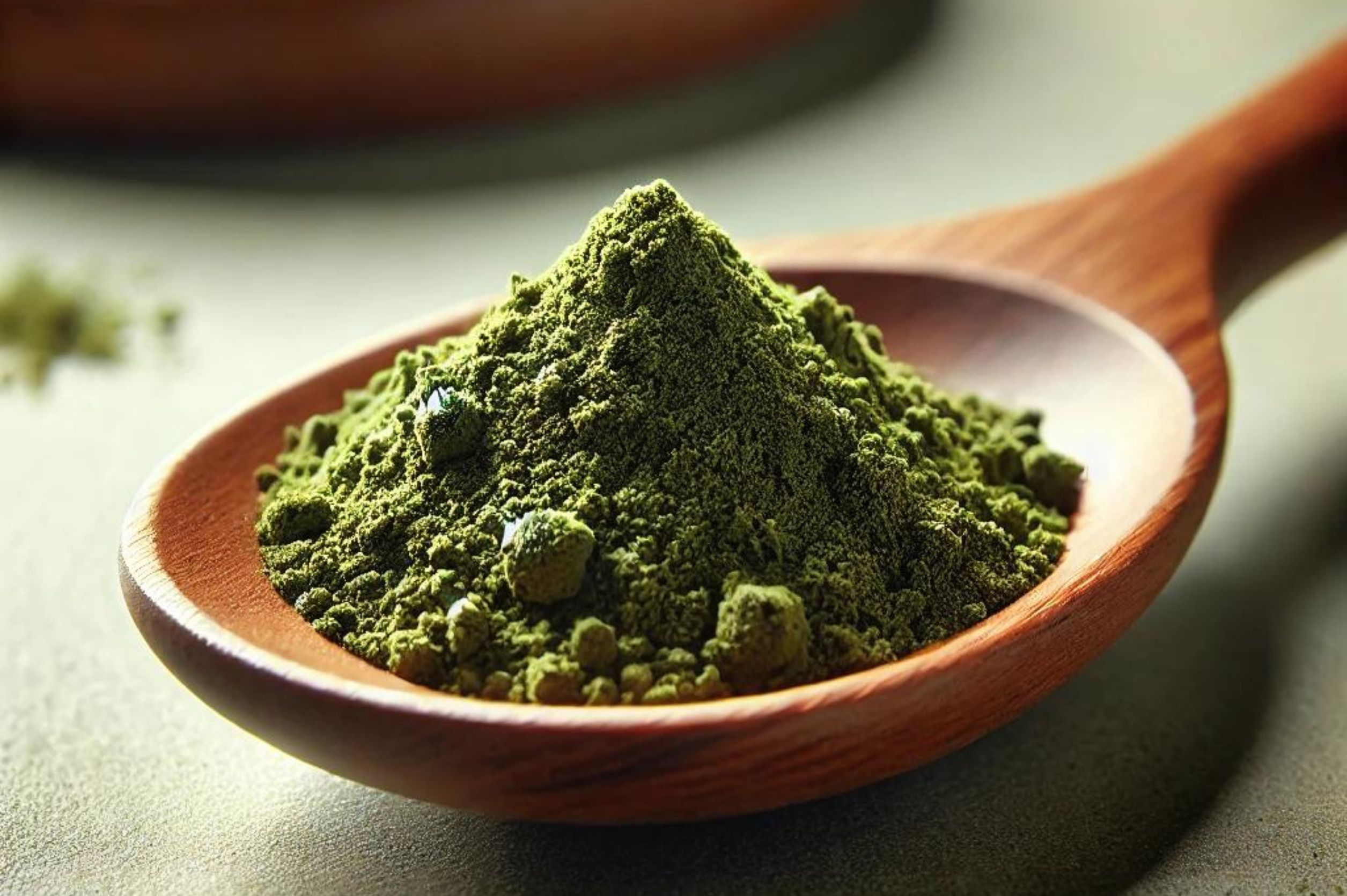
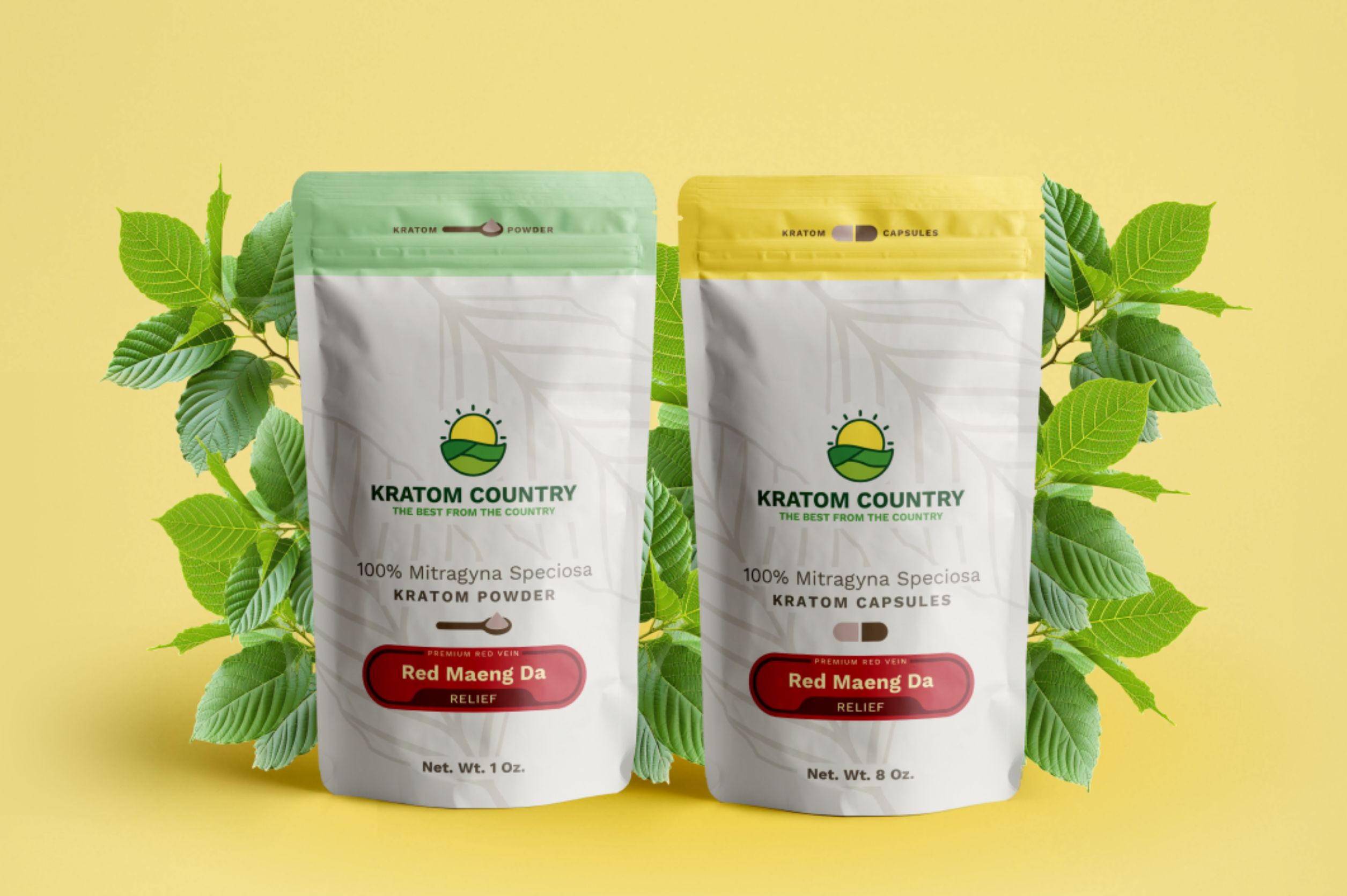

Comments